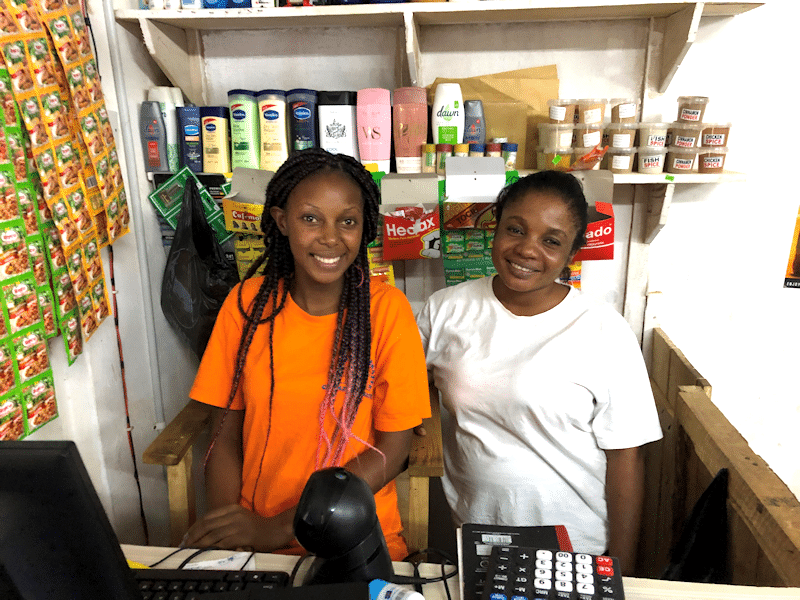
Economic development at the most local level is poorly resourced in Malawi compared to a western economy.
Growth programmes are often tied to internationally-agreed targets and delivered by international NGOs, over the heads of people on the ground – literally, the subsistence farmers of places such as Malenga Mzoma.
During preparations for launching Capacity in 2016-17, many local people said they wanted to start a small business so they could improve their lives. Our small business loans programme has helped dozens of families start or grow a business: in turn, they generate spending power and create employment.
Some of the loantakers want to form co-operatives, pooling their business start-up investment and their talents. This step is currently being facilitated by Capacity’s local managers. The international One Village One Product movement is also being investigated and might be suitable for individual villages that want to develop a specific line of products.
An entry level-loan of 150,000 kwacha (about £75 or $95) is repayable over 10 months with the first month’s repayment delayed so the business can get established. The loans have a 20% levy which works like the UK’s Council Tax except that instead it goes in a locally-controlled Social Action Fund.
The social-distancing requirements of the Covid-19 pandemic counter-measures caused the loans programme to pause for two years, which created lots of hardship among families who couldn’t mingle with others to trade. Thankfully, the loans programme re-started in October 2022.
